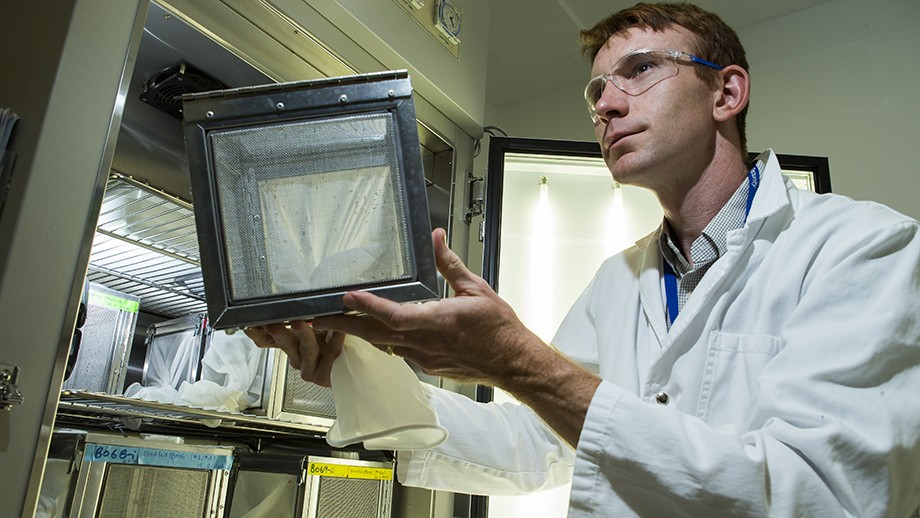Scientist wins Gates Foundation funds for malaria research
Associate Professor Ian Cockburn from The Australian National University (ANU), has won funding from the Bill & Melinda Gates Foundation's to help find more effective treatments for malaria.
Associate Professor Cockburn said he was honoured to be awarded US $100,000 from the Bill & Melinda Gates Foundation's latest Grand Challenges Explorations round.
"We look at the immune responses to malaria. Our research is about improving the quality and quantity of the antibody response to make malaria vaccines better," Associate Professor Cockburn said.
"Our team will use this funding to test several novel ways of making vaccine protection more durable and more effective."
Approximately 3.2 billion people, nearly half the world's population, are at risk of malaria. In 2015 there were roughly 214 million malaria cases and an estimated 438,000 malaria deaths.
Associate Professor Cockburn said the current vaccine for malaria produces antibodies that are short lived and not very protective.
"We want to find out how to turn a vaccine like that into one that really does the job," he said.
"If we are successful we can potentially use similar approaches to make other vaccines better."
Grand Challenges Explorations grants fund people around the world to explore ideas that can break the mould in solving persistent global health and development challenges.
Launched in 2008, more than 1,186 projects in more than 61 countries have received Grand Challenges Explorations grants.
ANU Vice-Chancellor Professor Brian Schmidt AC congratulated Professor Cockburn on the Bill & Melinda Gates Foundation funding.
"This work has the potential to change the lives of millions of people globally. On behalf of the university I congratulate Ian and his team on this funding which will help them continue their vital research," Professor Schmidt said.
Successful projects have the opportunity to receive a follow-on grant of up to US $1 million.

